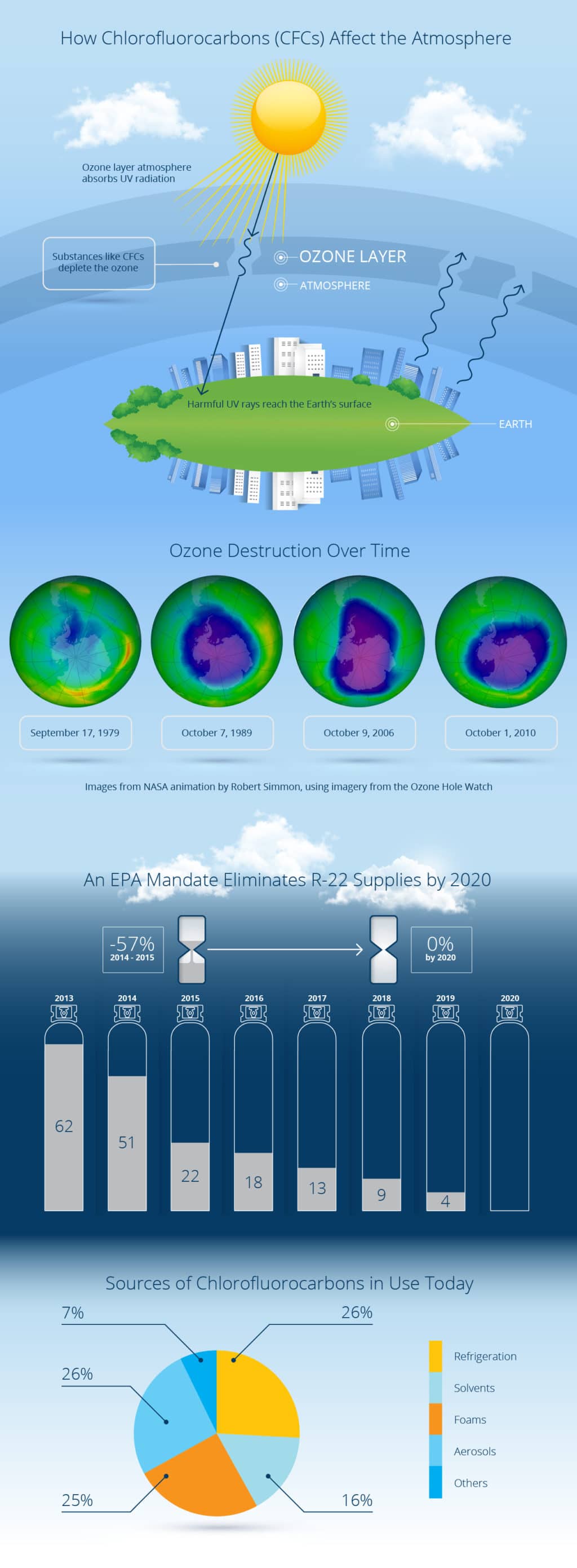Many homeowners know with furnaces, which warmth homes with oil or gas and push hot air through ductwork. They are fairly affordable and can supply trustworthy heating even during a winter power interruption.
However, they utilize nonrenewable fuel sources and generate carbon monoxide and other air contamination. They additionally aren't as energy-efficient as a high-efficiency heat pump.
Price
Normally, heatpump are extra budget-friendly to run than furnaces. They generally make use of electrical power and refrigerant to remove heat from exterior air, and after that transfer it right into your home. You can make the most of cheaper electrical power prices during off-peak hours to better lower your heating expenses.
Unlike heat pumps, gas or wood-burning heaters utilize combustion to generate warm, emitting flue gases into the environment that can be unsafe to your wellness. These furnaces are also much less energy-efficient than heat pumps, and their higher operating expense can accumulate gradually.
Furnaces are a lot more complicated than heat pumps and need normal upkeep to ensure the proper function of all components. Despite this, they often tend to last longer than heat pumps with a typical life-span of 20 years or more. Nonetheless, you'll need to consider the cost of gas, fuel oil or timber and the extra tools needed for installment and operation such as ducts and ventilation systems.
Power Effectiveness
Heatpump have a higher energy performance score than heating systems. These systems utilize electrical power to scavenge warmth from the air, even in freezing temperatures. They can likewise remove excess heat from the home during warmer months and reuse it to cool down the system. Service provider professionals can help you figure out the very best model for your home based on climate and source power prices.
Heating systems burn fuel oil, gas, gas or various other types of nonrenewable fuel source to warm the air in the home. This air is after that distributed through ductwork making use of a large fan. Heating systems produce greenhouse gases and need regular upkeep and equipment upgrades to make sure risk-free operation.
The largest advantage of a heater is that it can be operated also in harsh wintertime conditions due to the fact that it does not rely on outdoor temperature levels to warm the air. Heating Read Even more have a longer life-span than heatpump and usually last 15 years. They can additionally be paired with double fuel options, which select the most reliable heating choice based on the weather.
Climate
Heatpump function well in moderate climates and use much less resource power than heaters. Nonetheless, if your area is remarkably cold, you might require to buy a conventional gas heater instead.
Heaters offer warm, comfy warm and typically use quick home heating to increase indoor temperatures. These systems can be utilized with a selection of fuel types, including natural gas, gas, oil or electrical energy.
They take in a lot more power than heatpump-- as much as 3x as much-- and need ductwork that's pricey to set up or retrofit. They're also much more expensive to preserve, as they can cause air top quality problems and produce greenhouse gas discharges.
If Read the Full Piece of writing committed to lowering your carbon footprint, a heat pump is a good choice for your home. They have fewer greenhouse gas exhausts than heaters, especially if you pick a power CELEBRITY ® heatpump. Your local copyright expert can discuss the differences between these two heating unit and assist you make the most effective choice for your distinct demands.
https://climatedesignac53677.blogtov.com/9786087/disproving-usual-misconceptions-and-misconceptions-about-warm-pumps can be really power reliable when powered by gas, propane or oil, however they aren't as energy effective as heatpump in frigid climates. They can also be extra expensive to mount, requiring gas lines and air flow systems.
Nevertheless, heaters often tend to need less upkeep, which can cause reduced ongoing expenses. They create fewer greenhouse gases and are a lot more reliable than heat pumps during extreme weather condition.
Electric heatpump are much more functional in creating interior comfort because they can also act as a/c during warmer months. They can be more convenient to preserve, requiring only normal air filter adjustments and periodic vacuuming.
If you favor the convenience of a solitary system that does it all, consider a crossbreed home heating solution that sets a heater with an electrical heat pump. These systems can immediately change between both home heating choices based upon your home's demands and temperature level conditions, making the most of effectiveness and savings.
